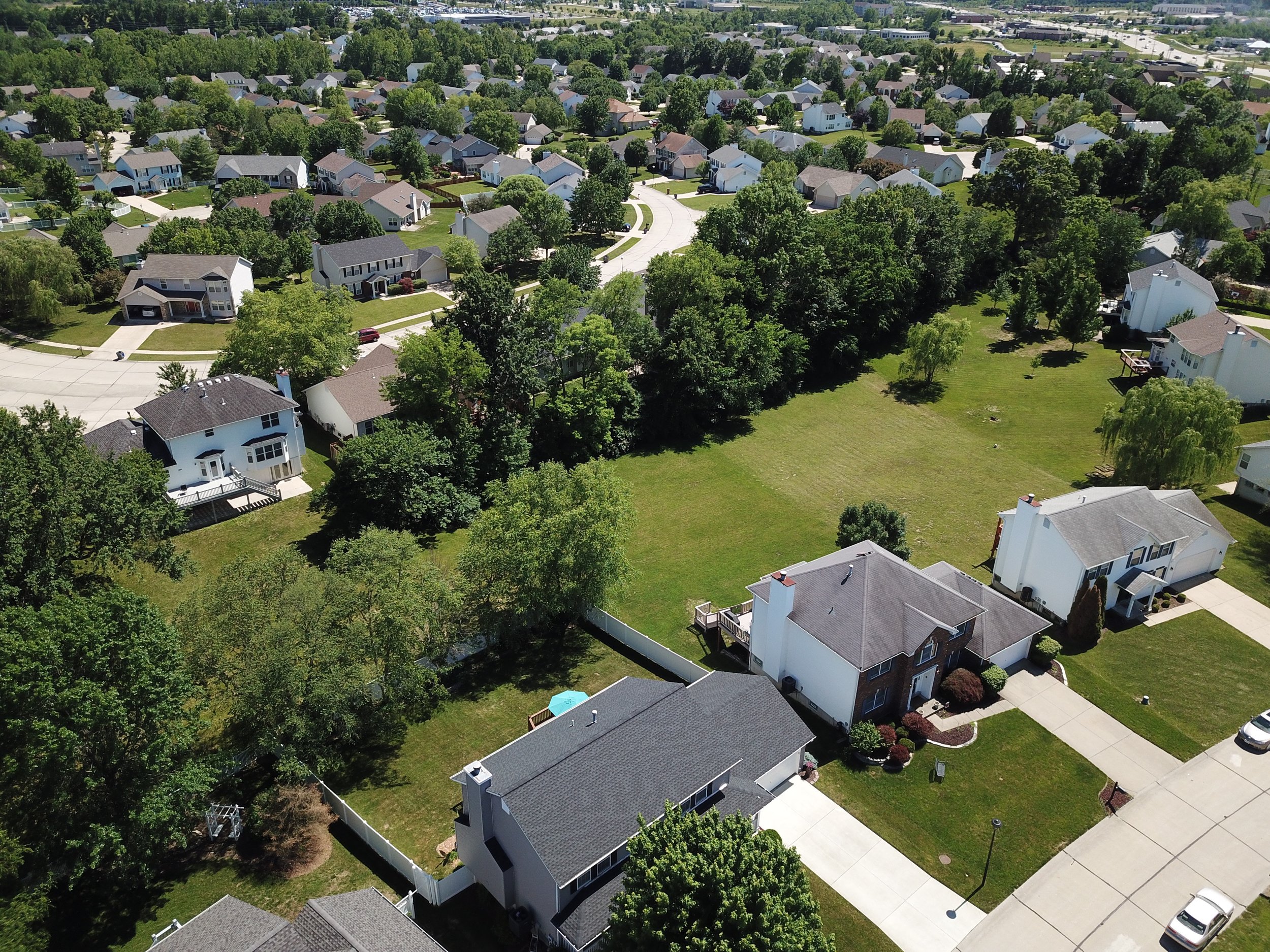Since 2014, the real estate market has been identified as a Seller’s Market. This means that there are more buyers seeking homes than sellers willing to sell. In a Seller’s Market, sellers are able to price and sell their homes higher because the demand for homes is higher than the number of homes available. This often results in a multiple offer situation and drives up the price of homes. At this point in time, home prices have been driven up to a point where they are so incongruent with average incomes that the cost of living ratios are insufficient to sustain buyer activity. Simply put, people are not being paid wages high enough to purchase a home.
Many consumers are worried that the rising real estate prices have constituted a “bubble” and will lead to a market crash like the one in 2008. While the real estate market will likely change due to the increasing prices and a decrease in sales, predictions show that a crash as profound as the one in 2008 is unlikely because “that crash was caused by forces that are no longer present”(TheBalance).
Experts do not predict a repeat of the 2008 crash for the following reasons:
Mortgage brokers have become more strict about to whom they give loans. According to InvestFourMore.com, subprime loans, loans given to those with poor credit scores, were at a high point totaling $620 billion in 2005. Now, subprime loans make up only about 5% of mortgage loans (InvestFourMore).
When adjusted for inflation, home prices are not any higher than they were in the 2006 peak, and are actually more similar to prices in 2004. “Between 2012 and 2017, home prices rose 6.5% a year on average. Between 2002 and 2006, they rose 7.5% annually. In 2005, they skyrocketed 16%”(TheBalance). While prices have risen, they have not increased as dramatically as they did in 2005.
However, despite the predictions, unexpected factors may contribute to a crash. Factors like rising sea levels, high interest rates, and Trump’s tax reform plan could all have destabilizing effects on the real estate market(TheBalance).
Overall, a crash is not likely. The market may come to a standstill for a while due to rising home prices and stagnant wages, but that will just force sellers to lower their prices.



